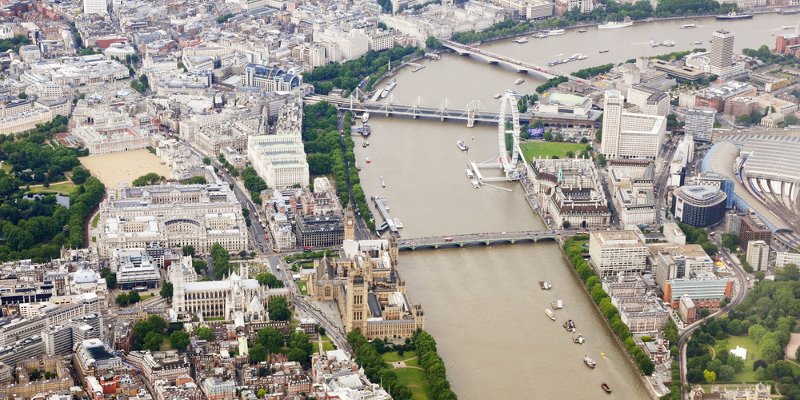Some 19 in every 500 homes in the City of London are currently unoccupied.

The Borough of Southwark has the most unoccupied properties in Greater London, research by HomeProtect has found.
Of over 3.5 million properties in total across the city and surrounding areas, 22,500 are long-term vacants, with 8% of these being in the borough of Southwark.
Croydon closely follows with 7% of its homes being unoccupied, along with Camden (5%), Lewisham (5%) and Kensington & Chelsea (5%).
Emily Evans, a television presenter and property expert, said: “Southwark especiallyis home to a lot of part-time homes and Airbnbs; whereas, the southern parts of the borough are classed as more ‘up and coming’ areas, meaninga lot ofproperties will be bought and renovated there.”
Greater London reportedly has the highest number of unoccupied properties in England.
Outside of London, Birmingham has the highest number of vacant properties of all other districts (4,300), closely followed by Bradford (4,100) and Liverpool (3,700).
Evans added: “Due to the cost of properties inthe main cities like London being so high over the last five years, landlords havebeen turning to cities likeBirmingham and Liverpool.
“They’re not as easy areas for letting in, however, so many of these properties are staying unoccupied for longer. These cities are also popular ‘weekend break’ locations, so the properties could be used as Airbnbs.”
While large metropolitan citiesarethe predominant contributor to the total number of vacant dwellings, smaller coastal towns and cities are also experiencing a high volume of empty homes.
Some 2% of the total properties in Blackpool are unoccupied, with the same number being seen in North East Lincolnshire and Torbay in Devon.
Evans commented: “The first reason for there being a large number of unoccupied properties near the sea is because they’re being used as holiday homes.Secondly, it will be because of renovation.
“A lot of homes on the coast will be old cottages that require work - that people are buying and doing up.
“Multi-millionaires will buy properties with no intent of even using them as a home or holiday home, but purely to be held as an investment.
“Another reason is Airbnb - thegovernment has made it difficult to be a landlord,meaning landlords are now selling up or choosing to adopt theAirbnb holiday home model over a traditional residential let.
“Also, if you register your property as ‘business premises’, you may not have to pay council tax, so people letting their home on Airbnb are able to do this.
“So, the ‘unoccupied’ property figures might not necessarily mean they are permanently unoccupied, but just not occupied as a normal residential let.”
Some 19 in every 500 homes in the City of London are currently unoccupied.


